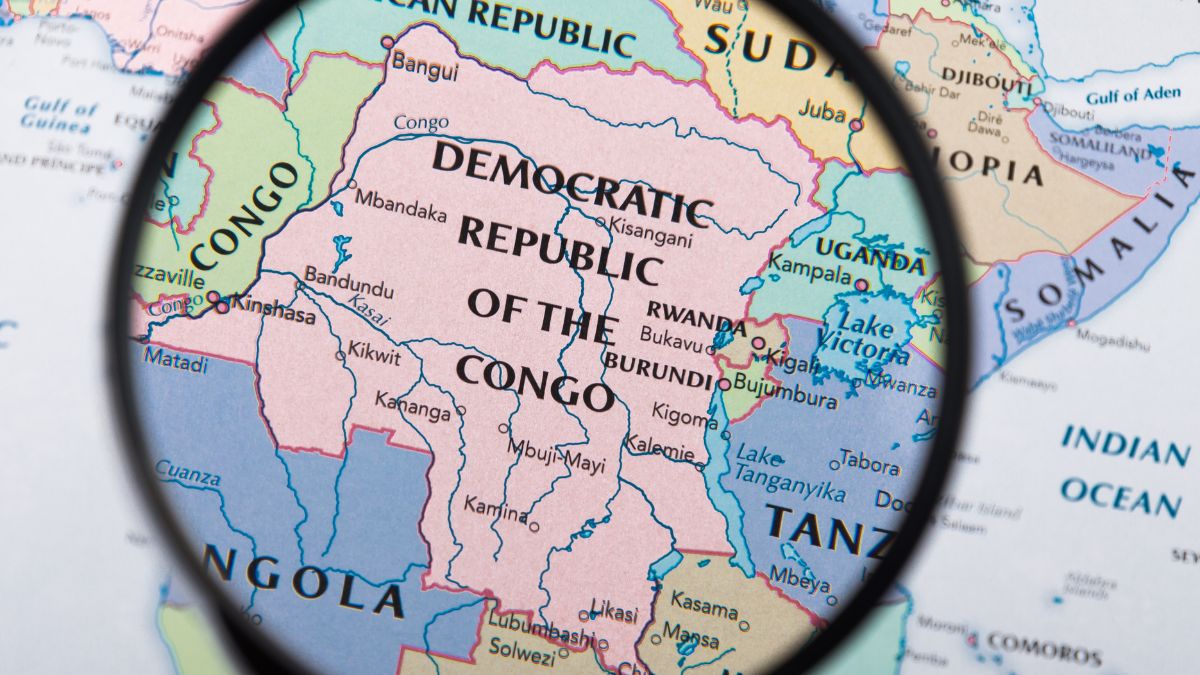Kalidasa (Classical Sanskrit Literature)
Kalidasa (Classical Sanskrit Literature)
The Belgian Empire in the Congo: A Brutal Chapter

The Belgian Empire in the Congo: A Brutal Chapter
In the heart of Africa, under the guise of civilization’s march, unfolded a tale of greed, exploitation, and human suffering so profound that it etched a permanent scar on the conscience of the world. This is the story of the Belgian Empire in the Congo, a chapter of history so brutal, so devoid of humanity, that its mere recollection sends shivers down the spine of those who dare to confront it. It is a narrative that, despite its darkness, demands to be told, to ensure the atrocities committed are never forgotten nor repeated.
At the turn of the 20th century, the Congo Free State emerged as the personal fiefdom of King Leopold II of Belgium. With a cunning blend of diplomatic maneuvering and ruthless exploitation, Leopold claimed the Congo, convincing the world of his noble intentions to bring civilization and Christianity to its inhabitants. Yet, beneath this veneer of benevolence lay a chilling reality fueled by an insatiable lust for wealth, particularly the lucrative rubber and ivory found in abundance within the vast, verdant Congo Basin.
The Congo, a land of immense rivers, dense forests, and rich mineral resources, became the stage for an exploitation of unprecedented scale. The indigenous people were subjected to a regime of terror, forced to harvest rubber under conditions that were nothing short of slavery. Those who failed to meet the inhuman quotas set by their colonial masters faced punishments so barbaric, so inhumane, that they defy comprehension. Limbs were severed, villages burned, and countless lives lost to sate the appetite of a distant empire for wealth and power.
The exploitation was systematic, backed by the Force Publique, a military force recruited from among the Congolese themselves and commanded by European officers. This force became the iron fist of Leopold’s rule, ensuring submission through a campaign of violence and fear. The echoes of their atrocities reverberated across the Congo, a grim reminder of the price of imperial ambition.
The international community, initially blind or indifferent to the horrors unfolding in the Congo, gradually began to take notice, thanks in part to the relentless efforts of missionaries, journalists, and early human rights activists. Figures such as E.D. Morel and Sir Roger Casement brought the plight of the Congolese to the forefront of public consciousness, igniting a global outcry against the Belgian administration’s brutal policies.
The pressure eventually led to the annexation of the Congo Free State by the Belgian government in 1908, transforming it into the Belgian Congo. While this change promised reform, the legacy of exploitation and abuse cast a long shadow over the land and its people, the effects of which are felt to this day.
The Belgian Empire’s reign in the Congo serves as a stark reminder of the darkest facets of colonialism, where human rights were trampled underfoot in the rush for riches. It stands as a testament to the resilience of the Congolese people, who endured unimaginable suffering yet persevered in the face of such adversity.
As we look back on this chapter of history, let it not only serve as a record of atrocities committed but as a solemn vow to uphold the dignity, rights, and freedom of all peoples. The tale of the Belgian Empire in the Congo, though awash in the brutal hues of exploitation and suffering, also illuminates the enduring spirit of humanity, capable of confronting and overcoming its darkest moments.